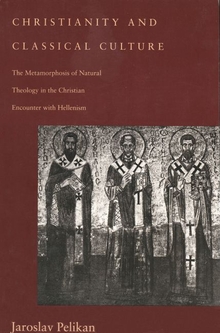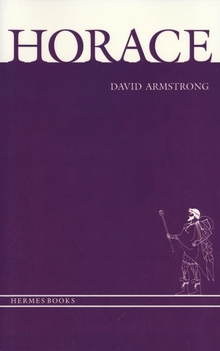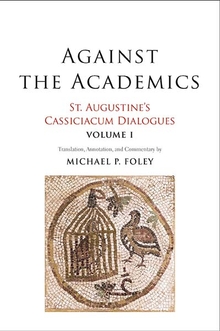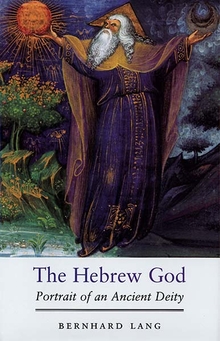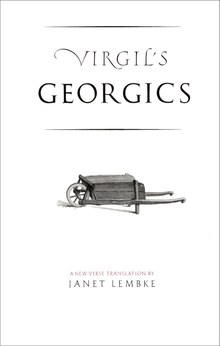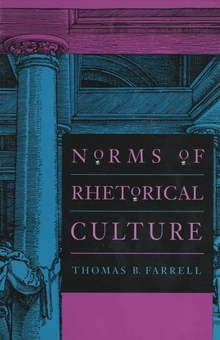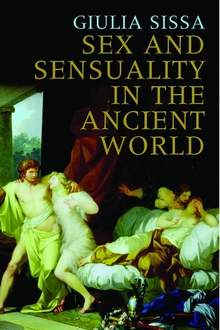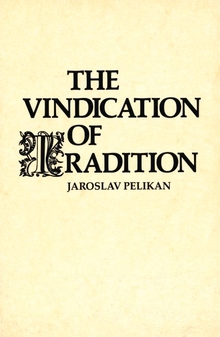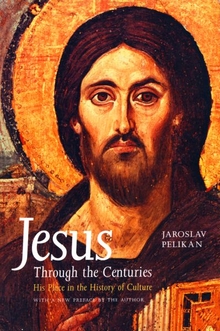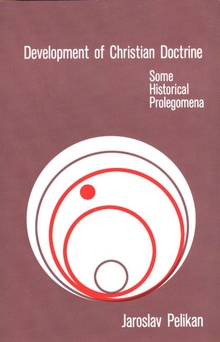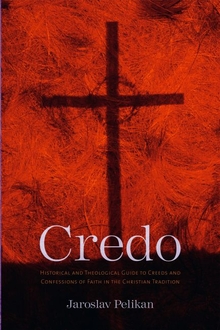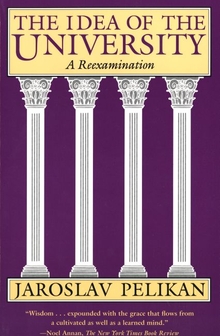Christianity and Classical Culture
WARNING
You are viewing an older version of the Yalebooks website. Please visit out new website with more updated information and a better user experience: https://www.yalebooks.com
The Metamorphosis of Natural Theology in the Christian Encounter with Hellenism
Jaroslav Pelikan
The momentous encounter between Christian thought and Greek philosophy reached a high point in fourth-century Byzantium, and the principal actors were four Greek-speaking Christian thinkers whose collective influence on the Eastern Church was comparable to that of Augustine on Western Latin Christendom. In this erudite and informative book, a distinguished scholar provides the first coherent account of the lives and writings of these so-called Cappadocians (named for a region in what is now eastern Turkey), showing how they managed to be Greek and Christian at the same time.
Jaroslav Pelikan describes the four Cappadocians—Gregory of Nazianzus, Basil of Caesarea, Gregory of Nyssa, and Macrina, sister and teacher of the last two—who were trained in Classical culture, philosophy, and rhetoric but who were also defenders and expositors of Christian orthodoxy. On one issue of faith and life after another—the nature of religious language, the ways of knowing, the existence of God, the universe as cosmos, time, and space, free will and immortality, the nature of the good life, the purpose of the universe—they challenged and debated the validity of the Greek philosophical tradition in interpreting Scripture. Because the way they resolved these issues became the very definition of normative Christian belief, says Pelikan, their system is still a key to our understanding not only of Christianity's diverse religious traditions but also of its intellectual and philosophical traditions.
This book is based on the prestigious Gifford Lectures, presented by Jaroslav Pelikan at the University of Aberdeen in 1992 and 1993.
"This distinguished and impressive book introduces theologians and students of religion to a tradition of which they have for too long been ignorant."—Richard A. Norris, Jr., Union Theological Seminary
"The importance of [Pelikan's] book is patent. It has provided a firm foundation for the study of the cultural synthesis of Christianity and the Greek paideia in the post-Cappadocian period."—Frank R. Trombley, Catholic Historical Review
"This book is at once learned and wise. One has to reach back nearly half a century—to Werner Jaeger, George Florovsky, or to Arthur Darby Nock—to find an historian who can present the world of hellenistic philosophy and Greek theology with equal mastery. Without the nervous noise of a scholar intent on driving home his own thesis, Jaroslav Pelikan allows himself to become the spokesman for the wisdom of the Greek Fathers—in a lucid, modern language which spans the distance between past and present."—Heiko A. Oberman, Regents Professor of History, University of Arizona
"With his rare gift of combining clarity with great learning, Pelikan has provided an authoritative and readable guide to the most important early flowering of Christian thought in the Greek world. Both as an introduction and as an enduring work of reference, this volume is a worthy companion to its monumental predecessors in the series of Gifford Lectures. It illuminates the achievement of the great Cappadocian thinkers who wedded Greek philosophy with Christian faith."—Zeph Stewart, Andrew W. Mellon Professor of the Humanities Emeritus, Harvard University
"In this learned and informative book, Jaroslav Pelikan offers a fresh account of how the great fourth century Christian thinkers reshaped the intellectual traditions of the classical world in the light of Christian revelation. With its attention to detail as well as its sensitivity to perennial issues, Pelikan's study of the 'Cappadocians' gives scholars and students a renewed appreciation of the roots of our civilization."—Robert L. Wilken, University of Virginia
"This is powerful, well organized writing by an expert deeply at home in the sources and sympathetic to his heroes."—Henry Chadwick, The Catholic Herald
"As ever, Pelikan proves to be a master guide for the reader to this complex landscape of religious tradition and philosophical subtlety. . . . Highly recommended for academic and public libraries."—Choice
"[A] brilliant and meticulous study. . . . With his usual thoroughness, Pelikan has mastered not only the writings of the four Cappadocians, but most of the secondary literature on them as well."—Paul Maier, Christian Century
"A masterly, even elegant synthesis of the major ideas of these seminal thinkers whose work ultimately influences not only Orthodox theology but, in this ecumenical age, all of Christian theology."—James S. Torrens, America
"A brilliant exposition of the Cappadocians' theology, and a book we must be thankful for."—Carol Harrison, Church Times
"Pelikan provides sharper focus and a more profound depth of vision than any survey could offer. . . . Essential for those who would comprehend the passage from pagan antiquity to Byzantium."—Paul B. Harvey, Jr., The Historian
"A pleasure to read, not only for its conceptual arrangement and its smart, flowing prose. . . . This book is a welcome addition to the plentiful literature on Christianity and Hennenism."—Peter C. Bouteneff, St. Vladimir's Theological Quarterly
"The intellectual ambition of this volume is very great, and its implications for our understanding of Christian and, more specifically, Anglican history are even greater."—Richard J. Shoeck, Sewanee Theological Review
"Christianity and Classical Culture . . . is the work of a master. The author's intimate knowledge of the subject is matched by his awareness of the implications of that subject for the broad expanse of Christian thought. The richly texture document should delight and challenge the student of early Christian doctrine."—Rebecca Harden Weaver, Interpretation, A Journal of Bible and Theology
"This immensely learned. . .[work is] extremely fascinating and absorbing, and a timely reminder of the continuing importance of the wisdom of the past — even the distant past."—Arthur Long, Faith & Freedom Book Reviews
"Jaroslav Pelikan has produced another volume to rival those for which his name has become so justly respected. . . . Pelikan's grasp is encyclopedic."—Edward F. Duffy, Princeton Seminary Bulletin
"Interweaving well-selected quotations taken from the whole corpus of the Cappadocians' works with his own exposition, Professor Pelikan has succeeded in presenting an impressive synthesis of Cappadocian thought on all major philosophical and theological issues. His mastery of the primary sources in the original Greek and his familiarity with the immense secondary literature in all languages are awe inspiring."—David L. Balás, Journal of Religion
"This book may well stand as one of the most significant and enduring theological contributions of our age."—John C. Cavadini, Modern Theology
"The encounter between Christianity and classical culture has been a controversial subject and the focus of several outstanding studies, from late antiquity to the present. The present volume, refreshing and timely, is beautifully produced and a source of real intellectual hedonism. It should be of value to specialists and non-specialists alike interested in the classics, late antiquity, patristics, church history, and the history of cultural transformations."—Demetrios Constantelos, Classical World
"One cannot do justice to the breadth and depth of Pelikan's analysis in a review. His Gifford Lectures richly complement those of his eminent predecessors . . . and the results of his continued study of Christian tradition earn him a place in that tradition alongside John Henry Newman, whose work he obviously admires and so admirably continues."—Gerard H. Ettlinger, Church History
"In this engrossing study . . . Pelikan [provides] an in-depth, parallel exposition of Cappadocian natural theology: first, as a framework of philosophical and theological presuppostitions within which to deploy Christian apologetics; and, second, as the superstructure of doctrinal orthodoxy."—Victoria Nichole Voytko, International Journal for Philosophy of Religion
Publication Date: February 22, 1995

